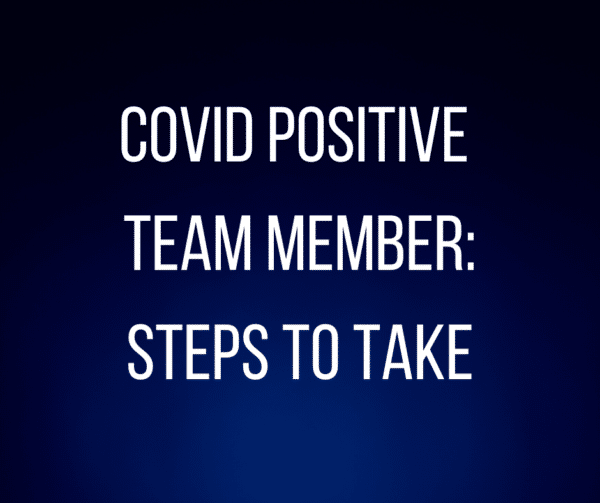Recently, the Federal Trade Commission (FTC) announced a new rule that significantly impacts non-compete agreements, particularly for dental practices. Traditionally, noncompetes are used to prevent departing employees from immediately going to work for their competitors, and the FTC estimates more than 30 million Americans are subject to one.

Scope of the Rule:
The FTC’s new rule bans noncompete agreements for most employees, applying retroactively and prospectively. For employees earning less than $151,164 per year (the Department of Labor’s 2025 salary threshold for a “highly compensated employee”), noncompetes are entirely prohibited. For those making above this threshold, agreements remain enforceable only for senior executives with policymaking authority, but employers can’t enter into – or attempt to enforce – new ones even for senior executives.
Why the FTC took this step:
According to FTC Chair, Lina M. Khan, “Noncompete clauses keep wages low, suppress new ideas, and rob the American economy of dynamism, including from the more than 8,500 new startups that would be created a year once noncompetes are banned. The FTC’s final rule to ban noncompetes will ensure Americans have the freedom to pursue a new job, start a new business, or bring a new idea to market.” Furthermore, the FTC claims, “The final rule is expected to result in higher earnings for workers, with estimated earnings increasing for the average worker by an additional $524 per year, and it is expected to lower health care costs by up to $194 billion over the next decade. In addition, the final rule is expected to help drive innovation, leading to an estimated average increase of 17,000 to 29,000 more patents each year for the next 10 years under the final rule.”
Sale of Business Exemption:
Noncompetes entered into with business owners in connection with the sale of a business will remain enforceable under the rule. However, while the seller of the business entity can agree to a non-compete individually, they cannot do so on behalf of any employees.
Implications:
Dental practices will need to inform their past and present employees that any existing noncompetes are now unenforceable within 120 days from the date the new rule is published in the Federal Register, currently estimated to be around August 21, 2024. Non-solicitation, non-recruitment, and non-disclosure agreements are not banned, provided they don’t effectively function as noncompetes.
Legal Challenges:
Several lawsuits have already been filed in both state and federal courts against the FTC’s authority to issue this ban. These legal proceedings are ongoing, and we will monitor developments and publish updates as new information becomes available.
Next Steps:
For now, hold off on notifying employees until we get closer to the 120-day deadline later this summer. With legal action already in play, the final ruling could change.
You can read the FTC’s statement here: https://www.ftc.gov/news-events/news/press-releases/2024/04/ftc-announces-rule-banning-noncompetes


